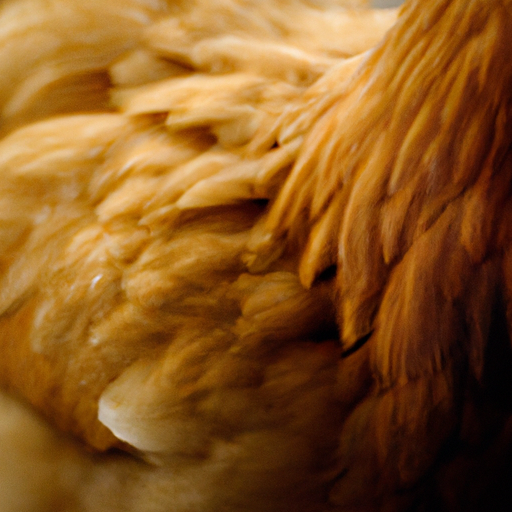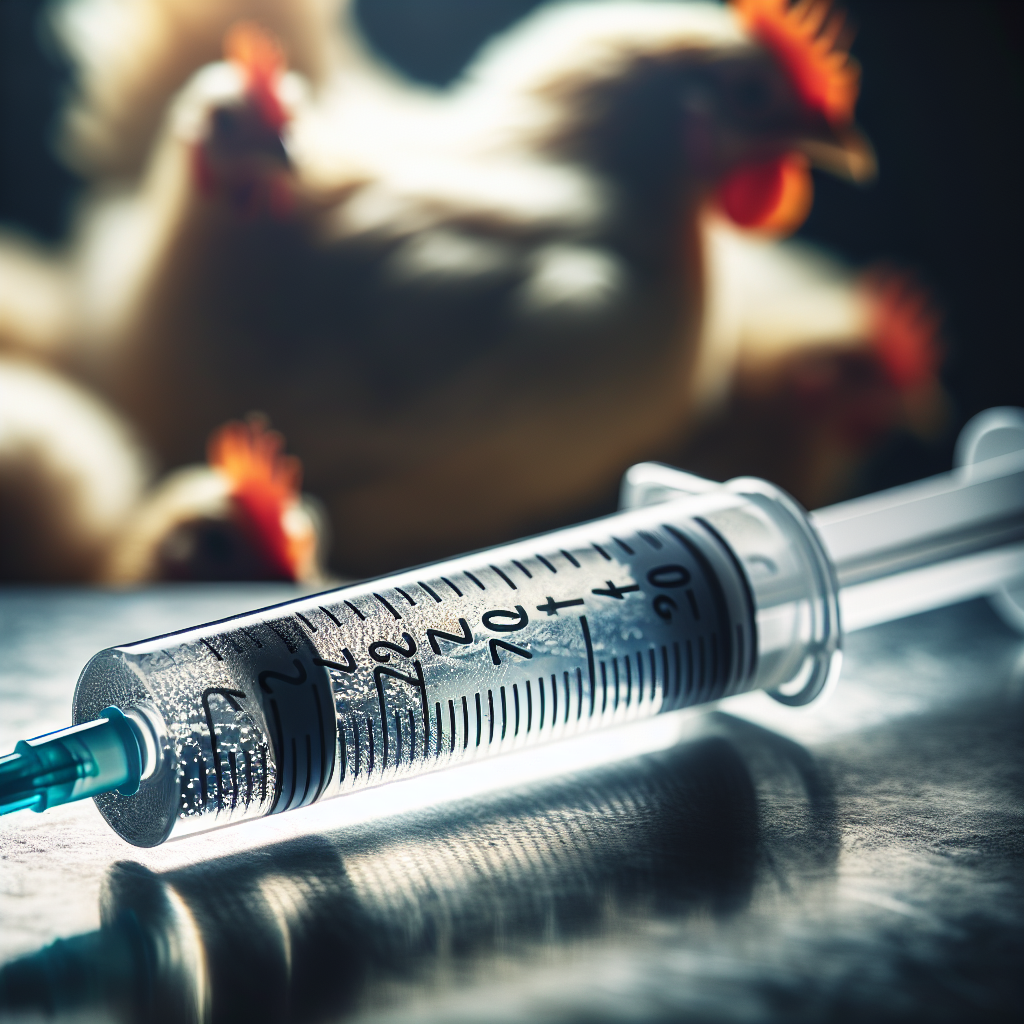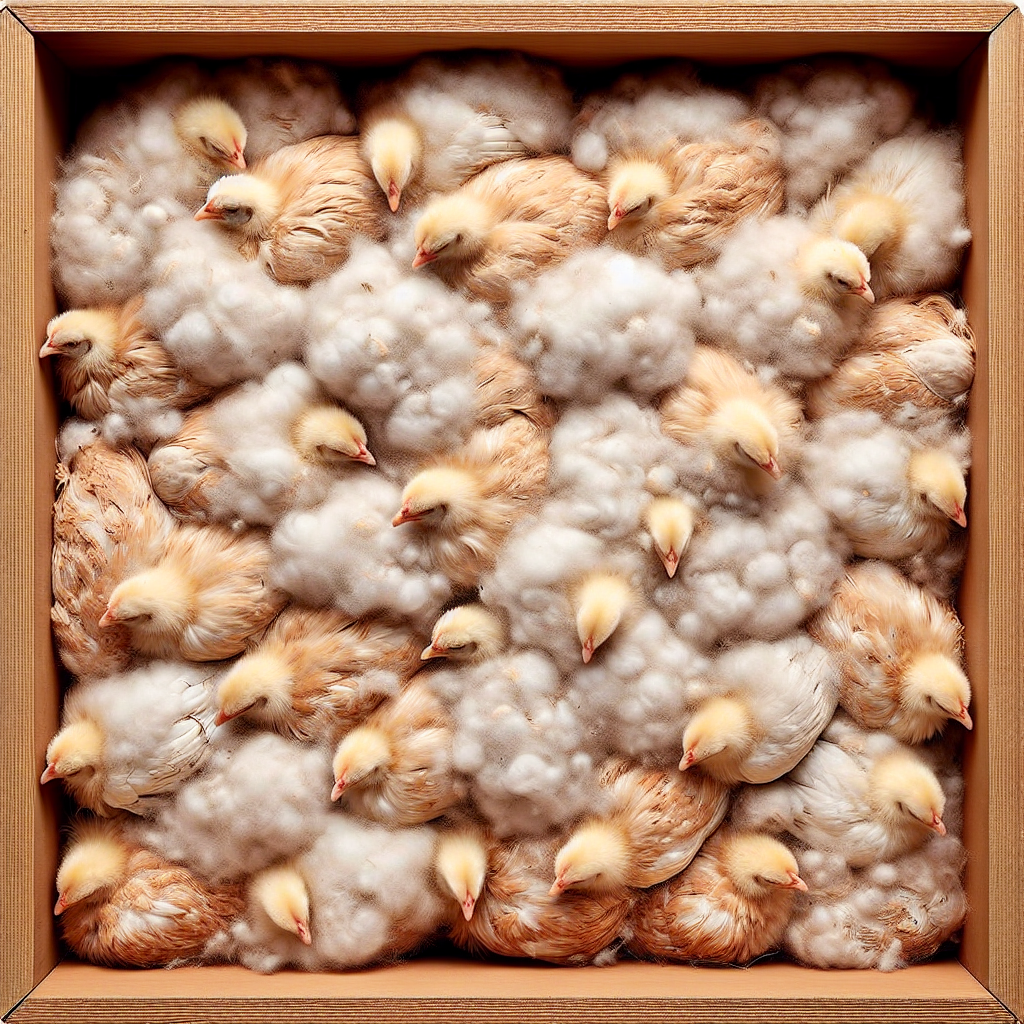Are you a proud backyard chicken owner? While these charming feathered friends can bring us joy and fresh eggs, it’s important to be aware of the potential diseases that can affect them. From respiratory infections to parasites, there are a handful of common ailments that can plague chickens. In this article, we’ll explore some of the most prevalent diseases that can impact backyard chickens, equipping you with the knowledge to keep your flock healthy and flourishing. So, let’s dive in and discover how to protect our beloved backyard companions! Backyard chickens can be susceptible to a variety of diseases that can impact their health and well-being. It is important for chicken owners to be aware of the most common diseases that can affect their feathered friends. In this article, we will explore the various categories of diseases that can affect backyard chickens and provide a comprehensive overview of each one.
Infectious Diseases
Infectious diseases are caused by microorganisms such as viruses, bacteria, fungi, and parasites and can spread easily among chickens. Marek’s Disease is a highly contagious viral disease that affects the nervous system of chickens, leading to paralysis and death. Infectious Bronchitis is another viral disease that primarily affects the respiratory system, causing respiratory distress and reducing egg production. Newcastle Disease is a viral infection that can cause respiratory, digestive, and nervous system problems in chickens. Avian Influenza, also known as bird flu, is a highly contagious viral disease that affects the respiratory system and can be transmitted to humans, posing a potential public health risk.
Parasitic Diseases
Parasitic diseases are caused by various external and internal parasites and can negatively impact the overall health and productivity of backyard chickens. External parasites, such as lice and mites, can infest the feathers and skin of chickens, causing irritation, itching, feather loss, and anemia. Internal parasites, such as worms, can affect the digestive system and overall well-being of chickens if left untreated.
Respiratory Diseases
Respiratory diseases primarily affect the respiratory system of chickens and can result in coughing, sneezing, difficulty breathing, and reduced egg production. Chronic Respiratory Disease, also known as infectious coryza, is a bacterial infection that causes respiratory symptoms and swollen eyes. Fowl Pox is a viral disease that affects the respiratory system and skin, causing the formation of scabs and lesions.
Reproductive Disorders
Reproductive disorders can impact the reproductive organs of hens and can lead to infertility or complications during egg-laying. Egg Binding occurs when an egg gets stuck in the reproductive tract, causing discomfort and potentially leading to death if not resolved. Salpingitis is an infection of the oviduct that can result in infertility or the production of abnormal eggs. Ovarian Tumors can develop in hens and can cause hormonal imbalances and reduced egg production.
Digestive Disorders
Digestive disorders affect the digestive system of chickens and can cause problems such as blockages, inflammation, and imbalances in the gut flora. Impacted Crop occurs when food or foreign objects get stuck in the crop, leading to digestive issues and potentially requiring surgical intervention. Coccidiosis is a parasitic disease caused by protozoa that affect the digestive tract of chickens, causing diarrhea and reduced weight gain. Sour Crop occurs when the crop becomes swollen and impacted with undigested food, leading to a foul-smelling breath and regurgitation. Proventricular Dilatation Disease is a viral infection that affects the nervous system and digestive tract, leading to severe weight loss and digestive issues.
Nervous System Disorders
Nervous system disorders can affect the brain, spinal cord, and nerves of chickens, leading to various symptoms and potentially fatal outcomes. Botulism is a bacterial infection caused by the toxin produced by Clostridium botulinum bacteria in contaminated feed or water, resulting in paralysis and death. Lice and Mite Infestation can cause irritation and discomfort to chickens, leading to excessive scratching, restlessness, and feather damage.
Nutritional Disorders
Nutritional disorders occur when chickens do not receive adequate amounts of essential vitamins or minerals, leading to deficiencies or imbalances in their diet. Vitamin Deficiencies can result in various symptoms depending on the specific vitamin lacking, such as poor growth, weakened immune system, and reproductive issues. Mineral Imbalances can occur when there is an excess or deficiency of certain minerals in the diet, leading to skeletal problems, reduced eggshell quality, or impaired growth.
Metabolic Disorders
Metabolic disorders affect the metabolic processes in chickens and can lead to various health problems. Fatty Liver Syndrome occurs when chickens accumulate excessive fat in their liver, leading to liver dysfunction and potential organ failure. Gout is a metabolic disorder caused by abnormal uric acid metabolism, resulting in joint inflammation and kidney damage.
Musculoskeletal Disorders
Musculoskeletal disorders affect the muscles and skeletal structure of chickens, leading to mobility issues and potential pain. Osteoporosis occurs when chickens have weak or brittle bones, making them more prone to fractures. Leg Disorders can result from various factors such as poor nutrition, bacterial infections, or trauma, causing lameness and difficulty in walking.
Skin Disorders
Skin disorders can affect the skin of chickens, leading to irritation, lesions, and potential infection. Scaly Leg Mites infest the legs and feet of chickens, causing the scales to lift, resulting in discomfort and potential leg deformities. Feather Pecking Syndrome occurs when chickens exhibit aggressive behavior towards each other, resulting in feather loss, skin damage, and potential infection.
In conclusion, backyard chickens can be vulnerable to a range of diseases that can impact their health and well-being. By being knowledgeable about the most common diseases that can affect chickens, owners can take proactive measures to prevent and manage these conditions, ensuring the health and happiness of their flock. Regular veterinary check-ups, proper hygiene practices, and a balanced diet are essential in maintaining the overall health and disease resistance of backyard chickens.




